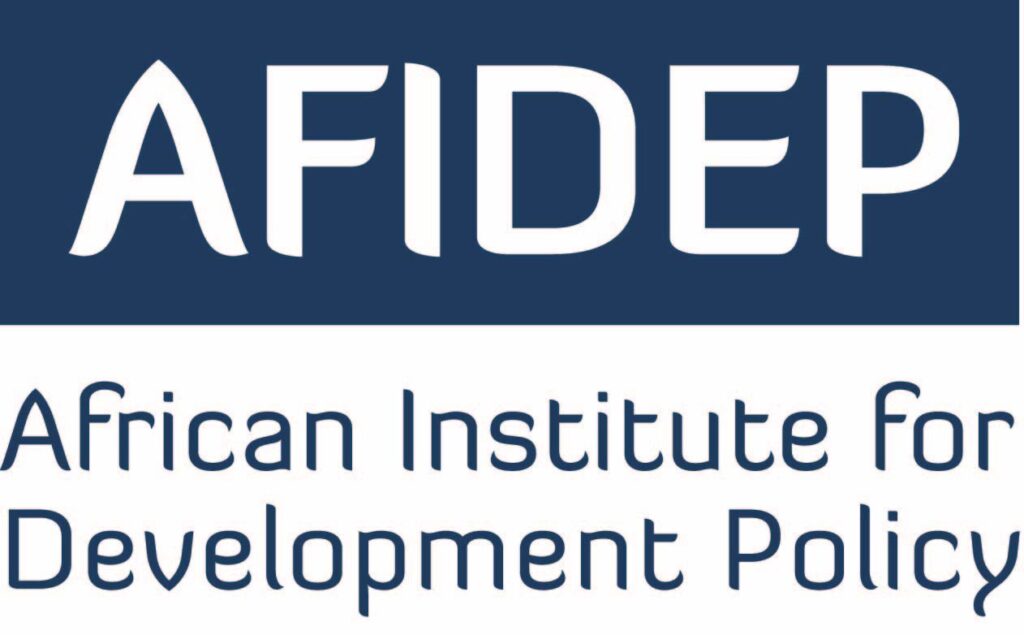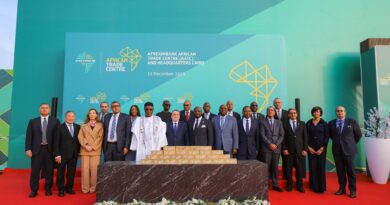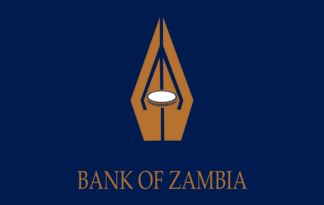AFIDEP Receives Prestigious U.N. Population Award for 2023
The African Institute for Development Policy (AFIDEP) has been honored with the 2023 United Nations Population Award in the institutional category, the United Nations announced yesterday in New York, US.
The U.N. Selection Committee praised AFIDEP for its evidence-based approach and collaboration with governments, civil society organizations, and international partners, resulting in significant contributions in areas such as family planning, maternal health, adolescent sexual and reproductive health, and African population dynamics. The organization has played a crucial role in shaping policies and programs that promote sustainable population growth in Africa.
Dr. Eliya Zulu, Founder and Executive Director of AFIDEP, expressed his gratitude upon receiving the award on behalf of the institute. He stated, “It is with great honor and immense gratitude that I accept the 2023 U.N. Population Award. This recognition validates the significance of our work and serves as a catalyst for further growth and progress in our mission towards a better and more prosperous future for all Africans.”
Dr. Zulu emphasized that AFIDEP’s success is the result of a collective effort involving the visionary founding directors, strategic leadership of the Board of Directors, dedicated staff, resource partners, partnerships with UNFPA, other U.N. agencies, non-governmental organizations, and supportive policymakers. He acknowledged the challenges the organization faced during its early stages but triumphed with determination and dedication.
Dr. Thomas Munthali, Director General of Malawi’s National Planning Commission, commended AFIDEP for their contribution to research, policy analysis, and advisory services that have informed the formulation and implementation of Malawi’s 2063 national vision. He congratulated the AFIDEP team on the prestigious award and recognized their pedigree in offering solutions to challenges faced by countries globally.
The award reflects AFIDEP’s significant role in advancing the demographic dividend as a crucial development paradigm in Africa. The institute has collaborated with national governments, regional intergovernmental entities, the African Union, development partners, philanthropies, and civil society to promote cross-sectoral collaboration in over 20 African countries. As a result, ten countries, including Angola, Botswana, Eswatini, Kenya, Malawi, Namibia, Rwanda, Uganda, Zimbabwe, and Zambia, have incorporated demographic dividend principles into their medium and long-term development strategies.
AFIDEP’s support to the African Union has also contributed to the designation of “Harnessing the demographic dividend through investments in youth” as the development theme for Africa in 2017. Twelve out of 23 governments in East and Southern Africa, supported by AFIDEP, have integrated the demographic dividend framework into their development strategies.
The institute has prioritized empowering women and girls, focusing on harnessing their skills and talents for socio-economic development. AFIDEP has actively supported policy enactment and program implementation to enhance educational and employment opportunities for girls, while also working towards ending teenage pregnancies and child marriages in Africa.
Dr. Zulu acknowledged that although progress has been made, challenges persist, and many countries are at risk of falling short of their human development Sustainable Development Goals (SDGs) by 2030. He called upon U.N. member states to prioritize education and ensure that both boys and girls have access to secondary-level schooling. Additionally, he emphasized the need for increased domestic financing to address the effects of the debt burden, COVID-19, climate change, and local and global conflicts.
AFIDEP also extended its congratulations to the First Lady of the Republic of Burundi, the individual category laureate of the 2023 U.N. Population Award.
The recognition of AFIDEP’s remarkable contributions to population-related issues underscores the importance of evidence-based policies and collaborative efforts in addressing Africa’s unique demographic challenges and fostering sustainable development for the continent.



